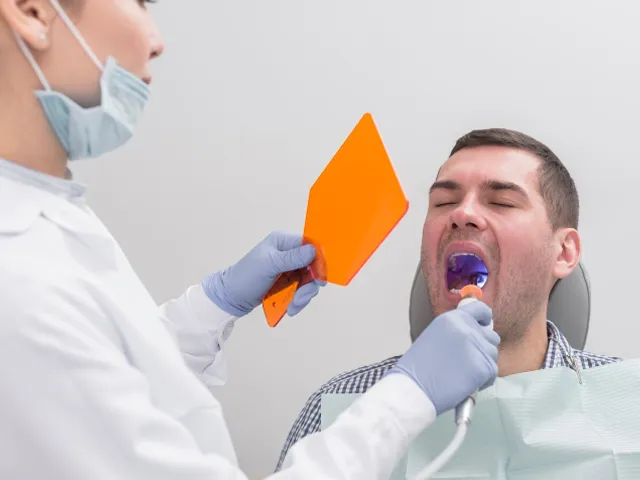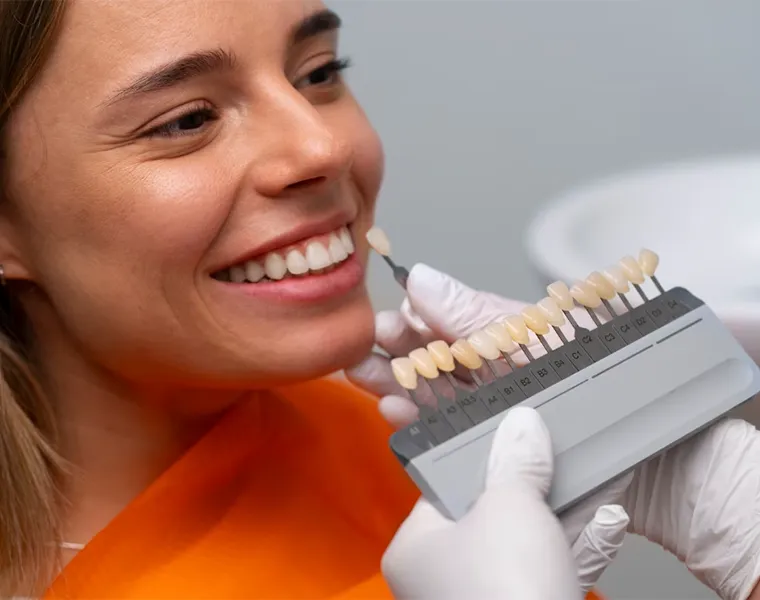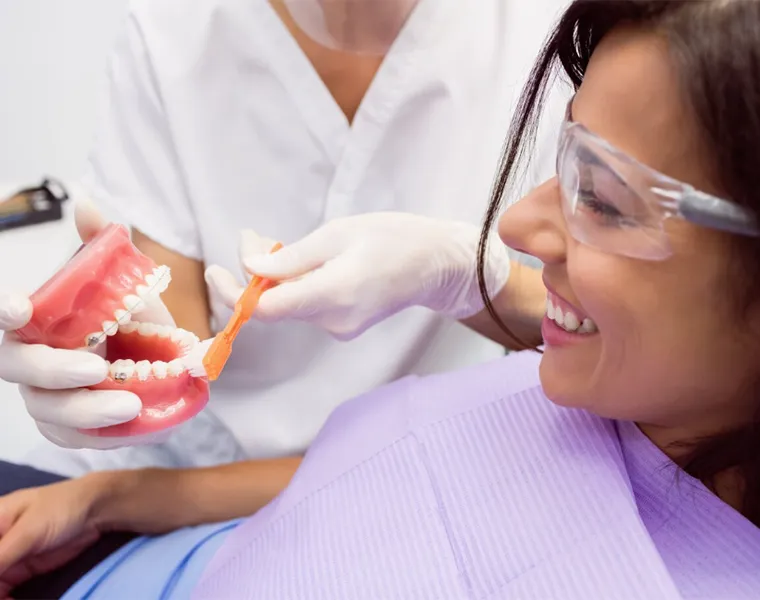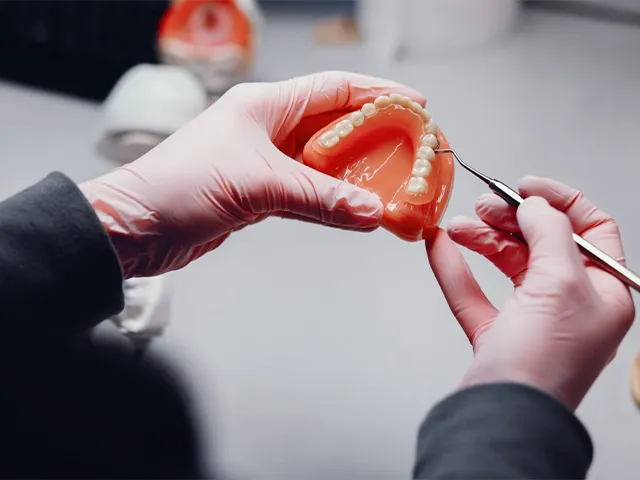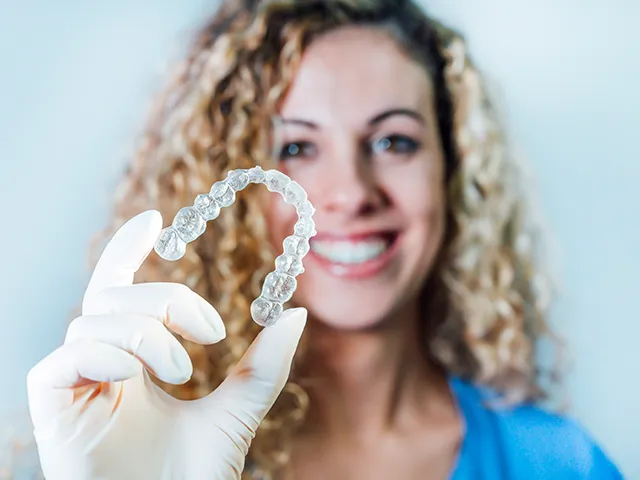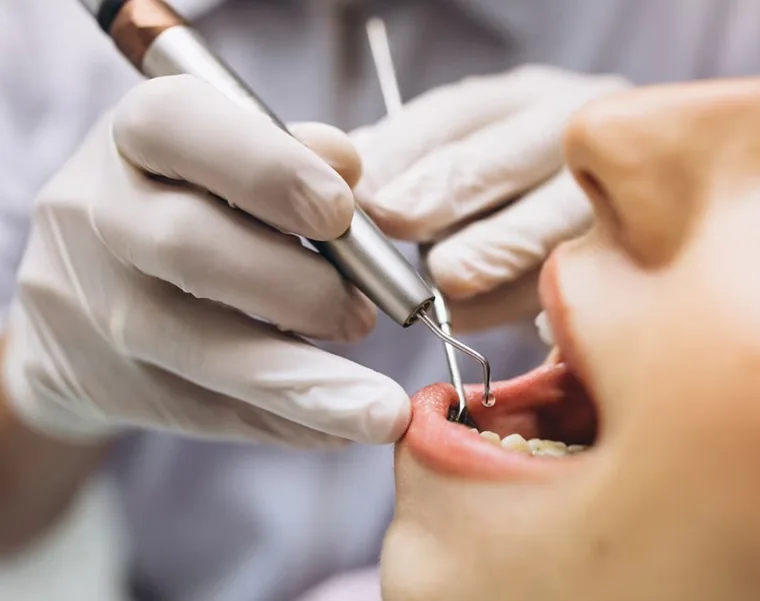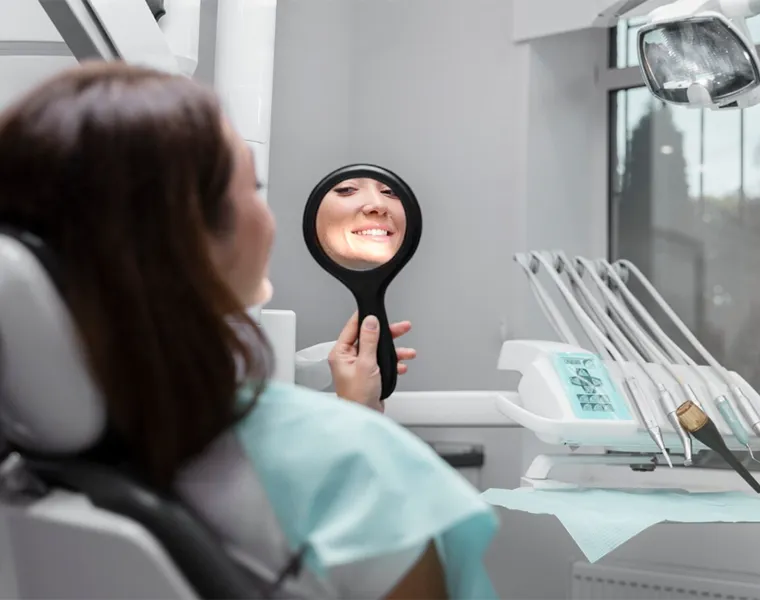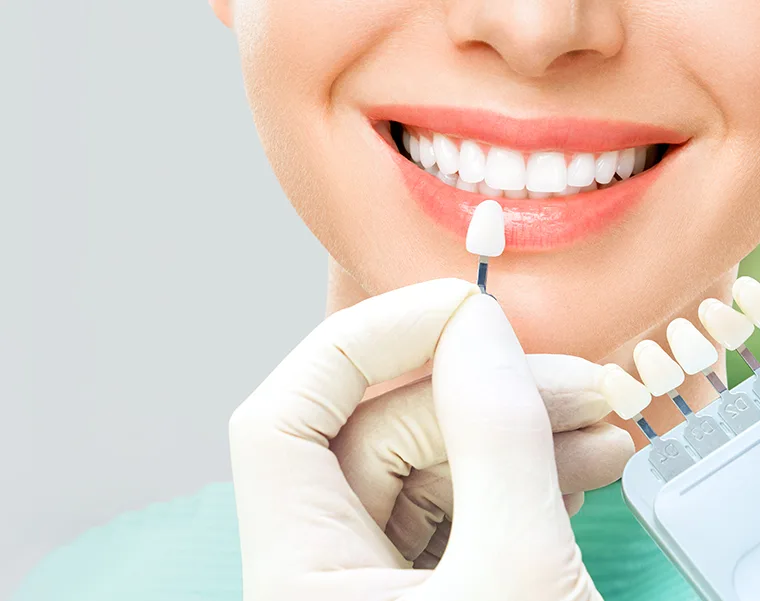What to do for a toothache in pregnancy? Gargling with warm salt water is a safe method to alleviate pain. Additionally, natural products like clove oil can be used to reduce discomfort. However, it is essential to seek approval from a dentist before trying such methods. Permanent relief from pain can only be achieved through professional dental intervention.
What to do for a toothache in pregnancy? Following the dentist’s recommendations is crucial to reduce the pain. Paying attention to your diet and preventing dental problems that can cause pain is important. Consuming calcium-rich foods such as dairy products and leafy green vegetables supports dental health. Avoiding sugary and acidic foods also helps protect tooth enamel and prevents pain. Moreover, regular dental check-ups during pregnancy contribute to preventing toothaches.
Why does Toothache Occur During Pregnancy?
Pregnancy is a special period of intense hormonal changes in the body. These changes can also affect oral and dental health and cause toothaches. Toothache during pregnancy is usually caused by hormonal fluctuations and gum disease. This can both complicate the expectant mother’s daily life and affect the health of the pregnancy.
The most common causes of toothache during pregnancy are as follows:
- Hormonal changes
- Nutrition changes
- Gum diseases
- Tooth decay and infections
Safe and effective methods should be preferred to relieve toothache during pregnancy. In response to the question of how to relieve toothache, the following methods can be recommended:
- Gargling with warm salt water
- Using natural painkillers
- Avoiding excessively hot or cold foods
Invasive procedures such as tooth extraction are avoided during pregnancy unless necessary. However, if a decayed or infected tooth is causing toothache and negatively affecting the mother’s general health, tooth extraction can be performed with the approval of the dentist. It is generally safer to perform such procedures in the second trimester, as this is a more stable period for both mother and baby.

How Does Toothache Go Away During Pregnancy?
Toothache during pregnancy is a common occurrence due to hormonal changes and gum sensitivity. This kind of pain can affect the quality of life of the expectant mother and needs to be handled carefully. Gingivitis is one of the main causes of toothache and can be controlled with appropriate methods. Natural and safe methods should be preferred to relieve toothache during pregnancy.
Medical intervention may be needed to relieve toothache during pregnancy. The procedures performed under the control of the dentist are planned by considering the health of the mother and the baby. In most cases, dental treatment can be performed more safely in the second trimester of pregnancy.
- Tooth filling: Filling can be performed when deemed necessary for pain caused by decay. Such procedures can be performed safely with appropriate anesthesia and protection measures.
- Use of Painkillers: You should be very careful about the use of painkillers during pregnancy. No painkillers other than those recommended by the doctor and proven to be safe should be used.
Natural methods and, if necessary, medical interventions can be applied to relieve toothache during pregnancy. A physician should always be consulted about painkillers and dental treatment, and safe methods should be preferred.

How to Relieve Gum Pain During Pregnancy?
Pregnancy is both an exciting and sometimes challenging process for expectant mothers. Hormonal changes occurring in the body during this period can cause sensitivity and pain in the gums.
Gum problems during pregnancy are usually caused by a condition called pregnancy gingivitis. This problem can cause swelling, bleeding and pain in the gums. To prevent this, basic hygiene practices such as daily brushing and flossing should be observed.
If a serious dental problem occurs during pregnancy and the need for root canal treatment, etc. arises, the dentist will guide the patient about the process. Root canal treatment can usually be performed more safely in the second trimester (4-6 months).
Due to the limited use of medication during pregnancy, herbal solutions are generally preferred. Rinsing the mouth with warm salt water can help reduce infection and swelling of the gums. In addition, a mouthwash made from chamomile tea or aloe vera gel can be applied to the gums to provide relief. However, before applying these methods, you should consult your dentist.
How Does Carious Toothache Go Away During Pregnancy?
During pregnancy, hormonal changes in the body of expectant mothers can affect oral and dental health. Increased levels of progesterone and estrogen can cause toothache due to gum sensitivity and sometimes cavities.
Can you get toothache during pregnancy? Cavities in the teeth can cause more discomfort due to the hormonal changes that increase with pregnancy. Pregnancy can trigger a decrease in saliva flow and wear and tear on tooth enamel. These can increase tooth sensitivity and cause pain.
Dental treatment during pregnancy is usually recommended during the second trimester (months 4-6). However, in emergencies and in cases of severe pain, it is possible to consult your dentist and receive the necessary treatment.
Since the use of medication during pregnancy is limited, you can turn to natural methods. Gargling with warm chamomile tea can relieve the pain by soothing your gums.
It is common to experience toothacheduring pregnancy, but these problems can be minimized with appropriate precautions. Following the dentist’s recommendations and paying attention to hygiene rules can help maintain dental health during pregnancy.
Libredent is an oral and dental health clinic that performs various applications in this field. You can contact us for detailed information and application.


